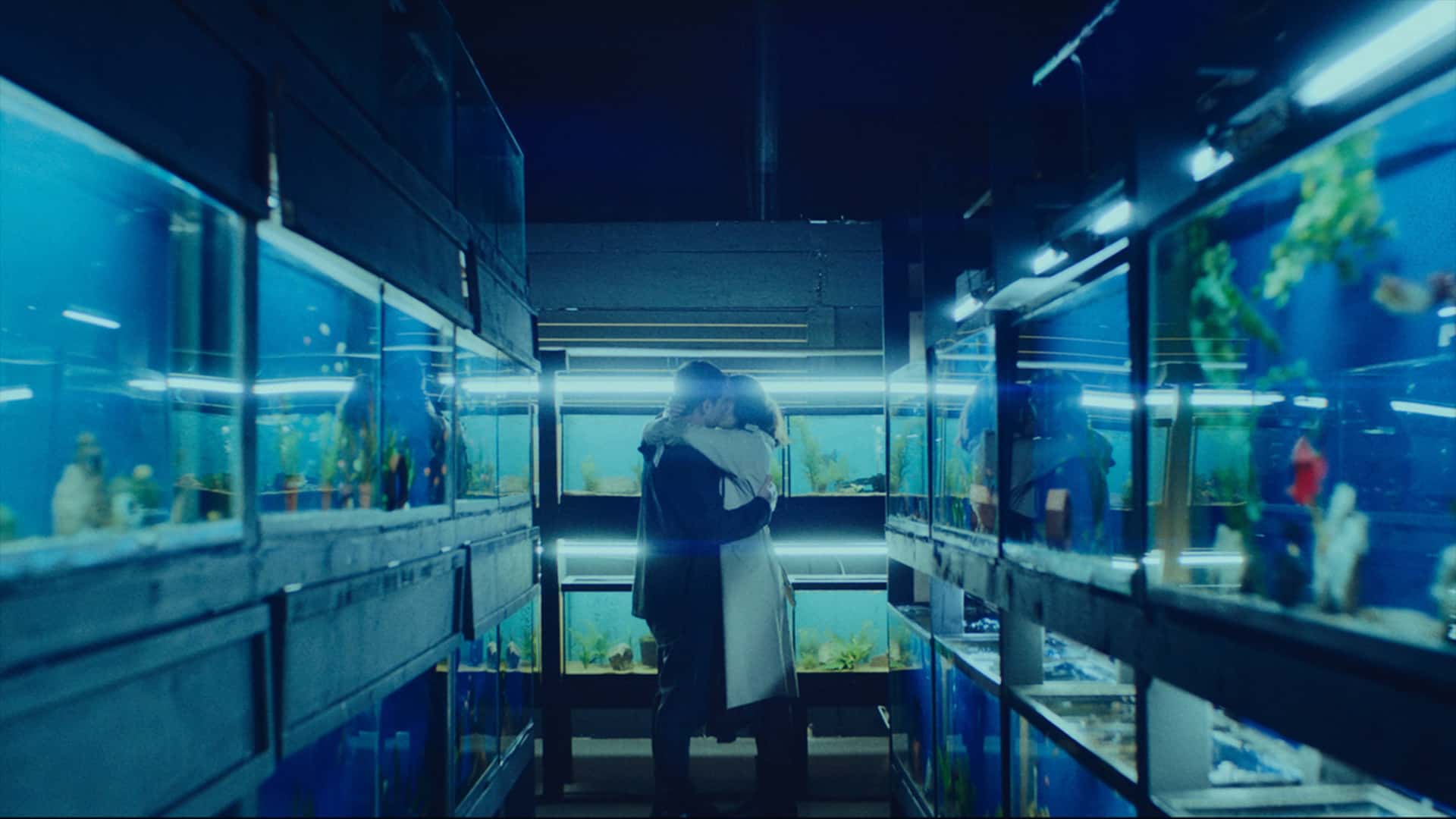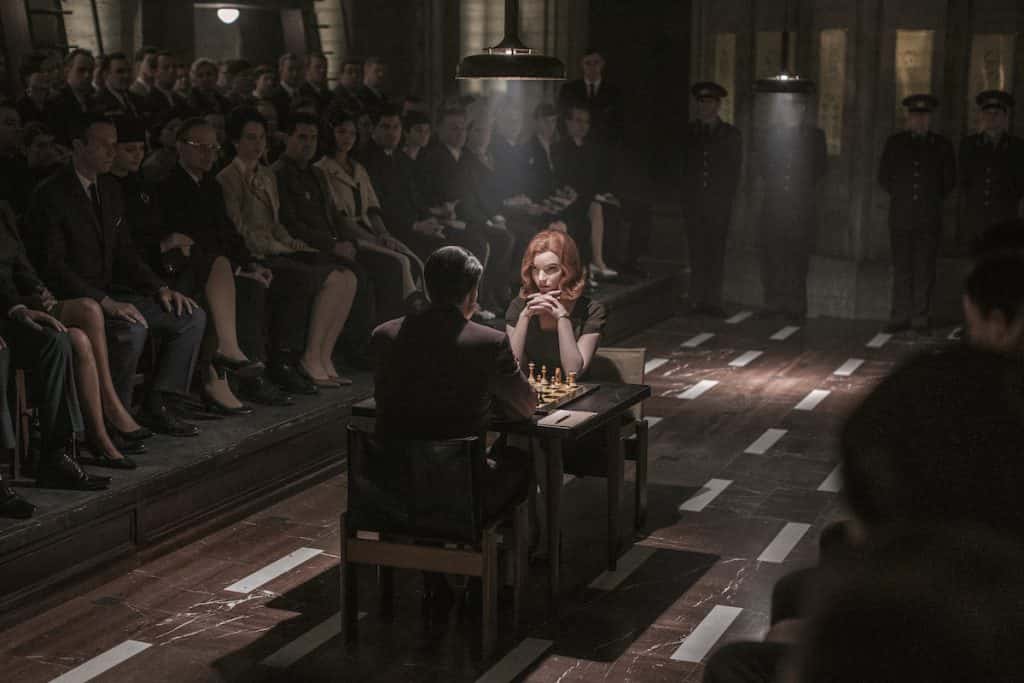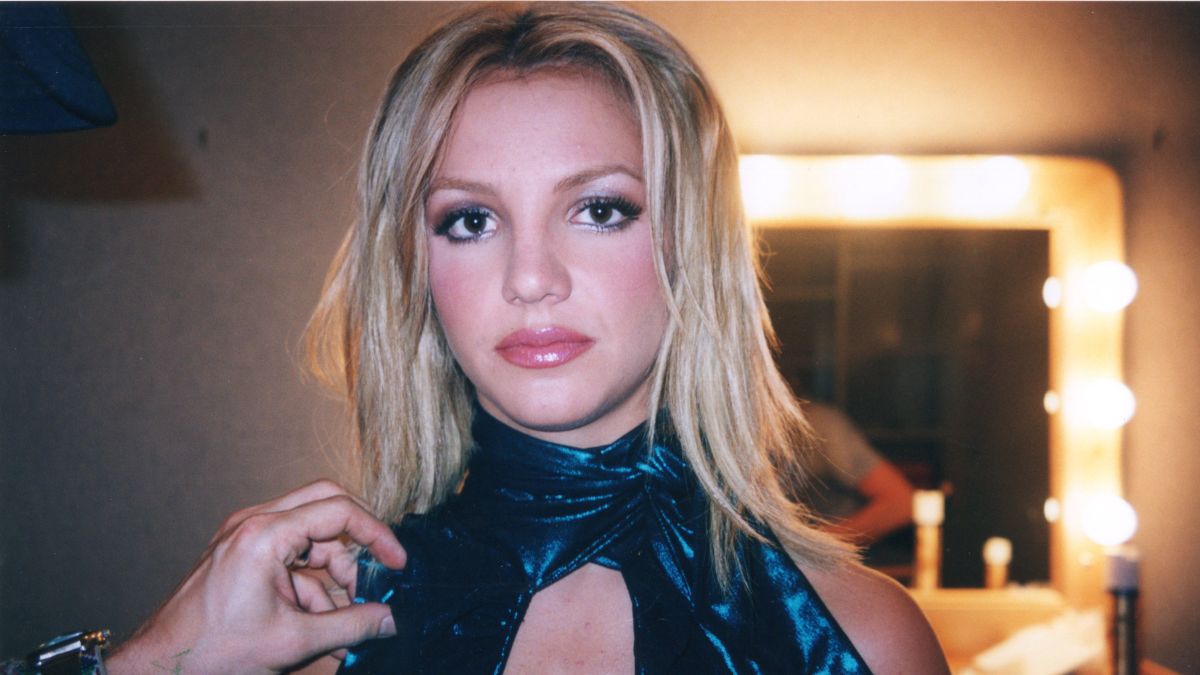Movie Review: Little Fish
2nd March 2021
Copyright: IFC Films
Using a pandemic and ailment as a backdrop for your characters’ memory loss, rather than the usual fumbling’s of dementia and Alzheimer’s is a choice that neither disrupts the status quo nor pushes its audience too far. At its core, Little Fish, from director Chad Hartigan, is another story of love lost to the inevitabilities of time. It is merely a speeding up of the process that would have eventually inflicted the couple at the core of this piece. That is not to say it is predictable, but its narrative strands of struggle and strife between a couple attempting to remember their relationship together have been held in the spotlight before, and now they’re peddled to an audience once again.
So long as Hartigan and his leading duo of Olivia Cooke and Jack O’Connell can bring about a relatable, or interesting relationship, then Little Fish is bound to have some degree of success. They do have chemistry, that much is undeniable. Strong performances that connect with confidence and necessary charisma, but they are lumbered when dealing with the science-fiction provisions. It is a compelling piece, but its characters are the interesting aspects, not the story that envelops them. Emotional scenes are frequent, some come across as well-intended and pack a thoroughly powerful punch, whereas others are oblivious to the sentiment. They do not capture the tone or style found elsewhere in the film, and it makes for a messy analogy of healthcare, hope and the inevitabilities of losing a loved one.
Somewhere deep down within this film is a well-crafted film. Its narrative is strong, however flimsy its subtext may be, and the performances at the heart of it are engaging. Where it all falls to pieces, though, is in its sentimentality. With a soppy inability to move away from the more predictable nature, Hartigan presents a piece that, to some degree, is enjoyable. It is a shame that he does not feel comfortable taking more risks, for he has the foundations of a strong piece that would be better developed without the one-note subplots and rather feeble attempts at injecting new life into an old, old story. No sense of innovation could help, and Little Fish will find itself mired by the very story that gives an audience such interesting characters.
Masquerading as something new, Little Fish soon forgets its pandemic narrative and applies the obvious pressures of a couple battling memory loss. Personal struggles and inner turmoil are clear as they attempt to piece what remains together. It is emotionally manipulative, to a point. All the usual hallmarks of the drama piece are there, mashed together with a flickering of science-fiction. Neither come out looking the stronger of the two, not because one is better than the other, but because both are almost forgotten. Ironic it may be for a film about memory loss to forget which direction it wishes to go, but that is the sad case of Little Fish, and there are far better, bigger fish that provide the themes, emotions and context of these Hartigan-crafted woes.
![]()


